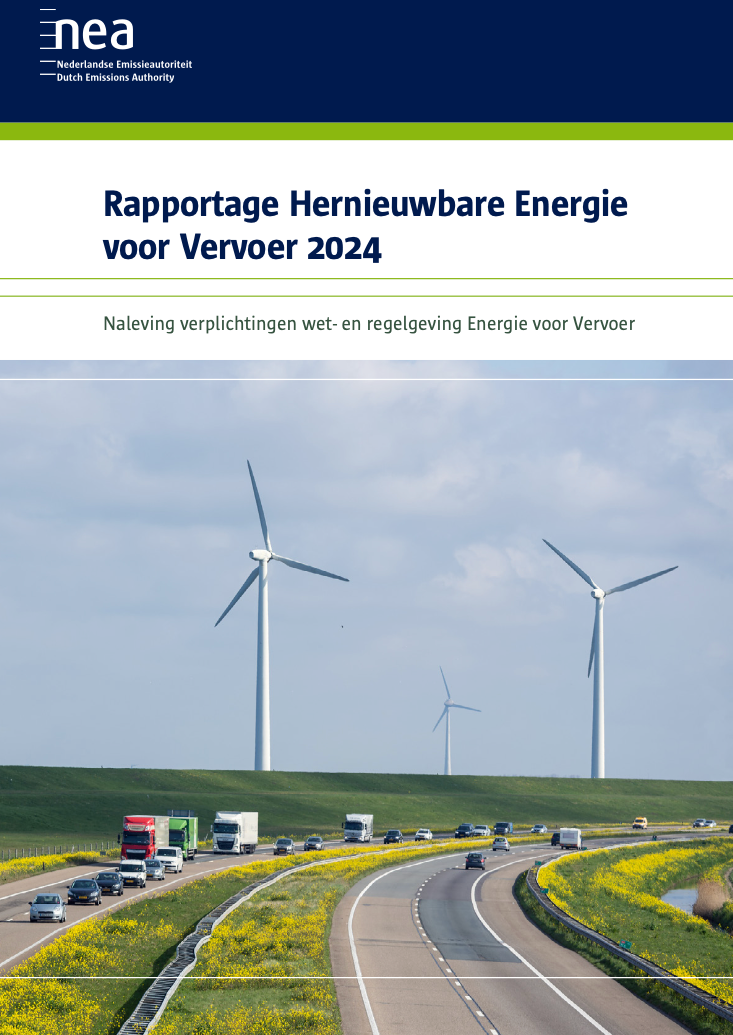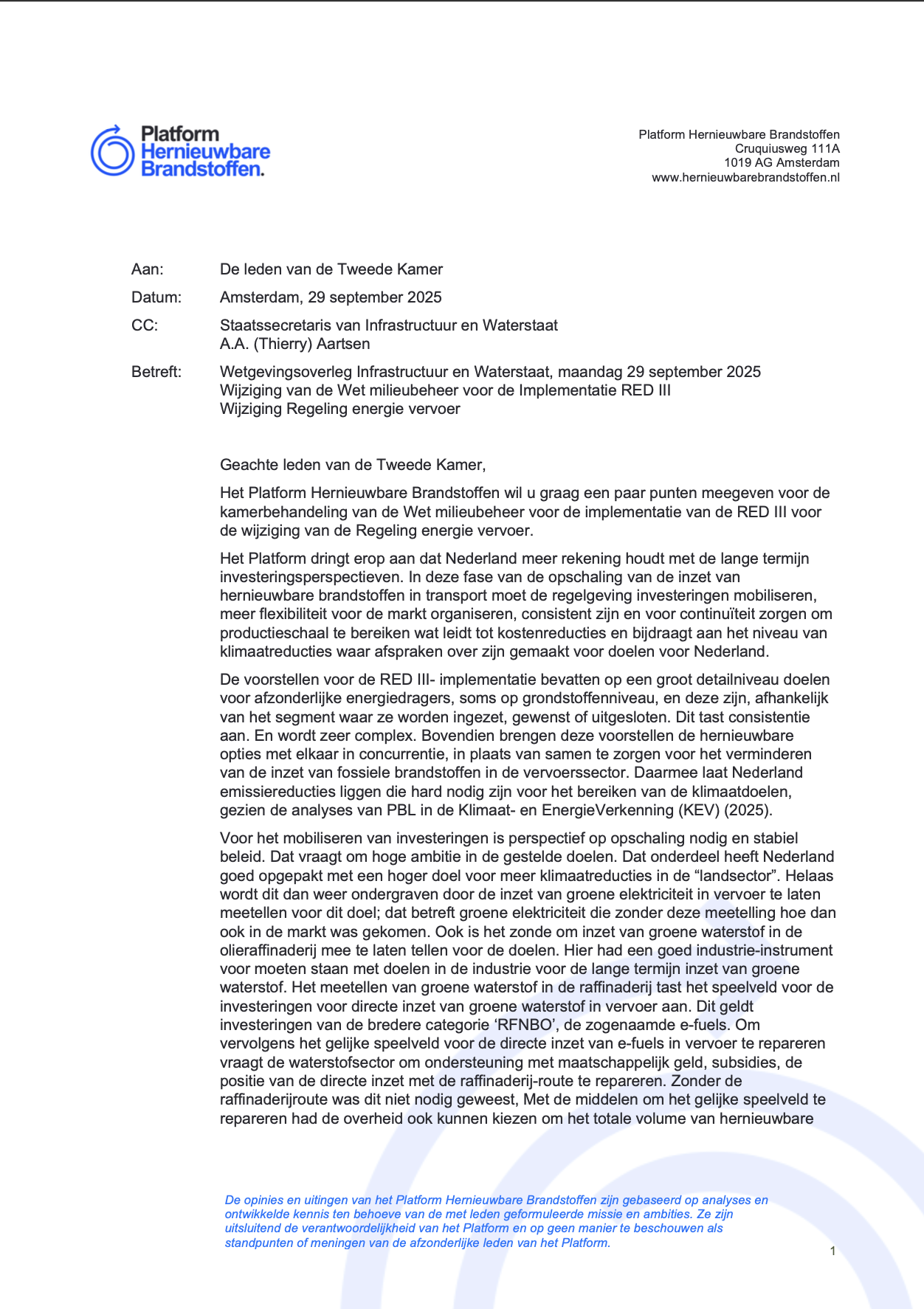A Crediting System for E-fuels in the CO2 Performance Standard | 2023

How renewable fuels got into a central position in the European political negotiation process
Since Germany suddenly wanted to renegotiate the CO2 performance standard as part of the 'Fit for 55’-package, the topic of renewable fuels was much debated the last weeks. After having agreed in earlier stages of the EU negotiations to allow only sales of zero emission (battery and fuel cell) electric vehicles from 2035 onwards, Germany now wants to add a delegated act to the CO2 performance standard regulation that would allow the sales of combustion engine vehicles beyond 2023 under the condition of a crediting system that guarantees the 100% use of e-fuels.
The CO2 performance standard has been proposed as thé instrument to change the drive train from internal combustion engine vehicles to electric drive-trains for cars and vans. The ramp-up of renewable fuels on the other hand is stimulated by mandates in the Renewable Energy Directive and by the Emission Trading System for buildings and road transport, ETS II. Also the proposed revision of the Energy Tax Directive can have an effect on replacing fossil fuels with renewables, provided national governments will implement a differentiation in tax tariffs between fossil based and renewable fuels. According to Platform Renewable Fuels the European automotive industry has shown support for the CO2 performance standard since it reduces the industry’s risk and protects investments in the production and sales of electric vehicles to the market.
Some people have raised questions about the feasibility of German’s proposed crediting system. Since the Platform has been looking into the uses of distributed ledger technologies (DTL), we feel blockchain based tokens or credits could make such a crediting system feasible. Technically it would be possible to sell new combustion engine vehicles with a fuel contract based on tokens that can only be spent on 100% renewable fuels. One could argue that drivers could keep tanking fossil petrol instead. In theory that is true, however then drivers pay extra for the fossil fuels while the renewable fuel is already included in the contract. This crediting system would imply a rather different kind of cooperation between manufacturers and fuel suppliers.
Would you like to know more about use of blockchain in the renewable fuel and feedstock transition, join us in our following workshop on 21 March 2023:
Webinar: how to strengthen the UDB with a single source of truth system
Read more about the position of Germany to keeping new combustion engines driving on e-fuels in the park in this article by Politico:
Recente artikelen
IEA: The Role of E-fuels in Decarbonising Transport (revised version)

NEa: Rapportage Hernieuwbare Energie voor Vervoer 2024

Platformreactie kamerbehandeling RED III regeling energie vervoer

